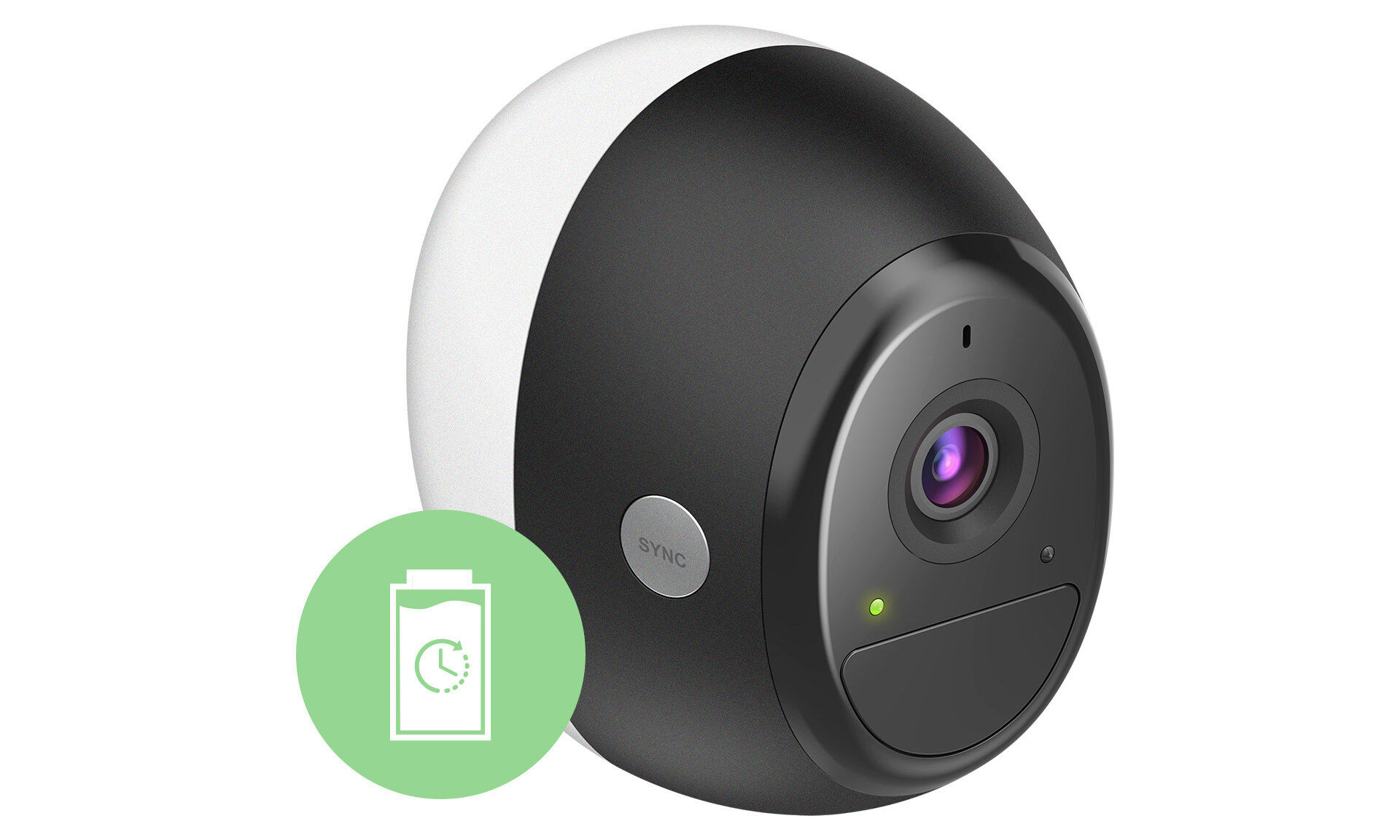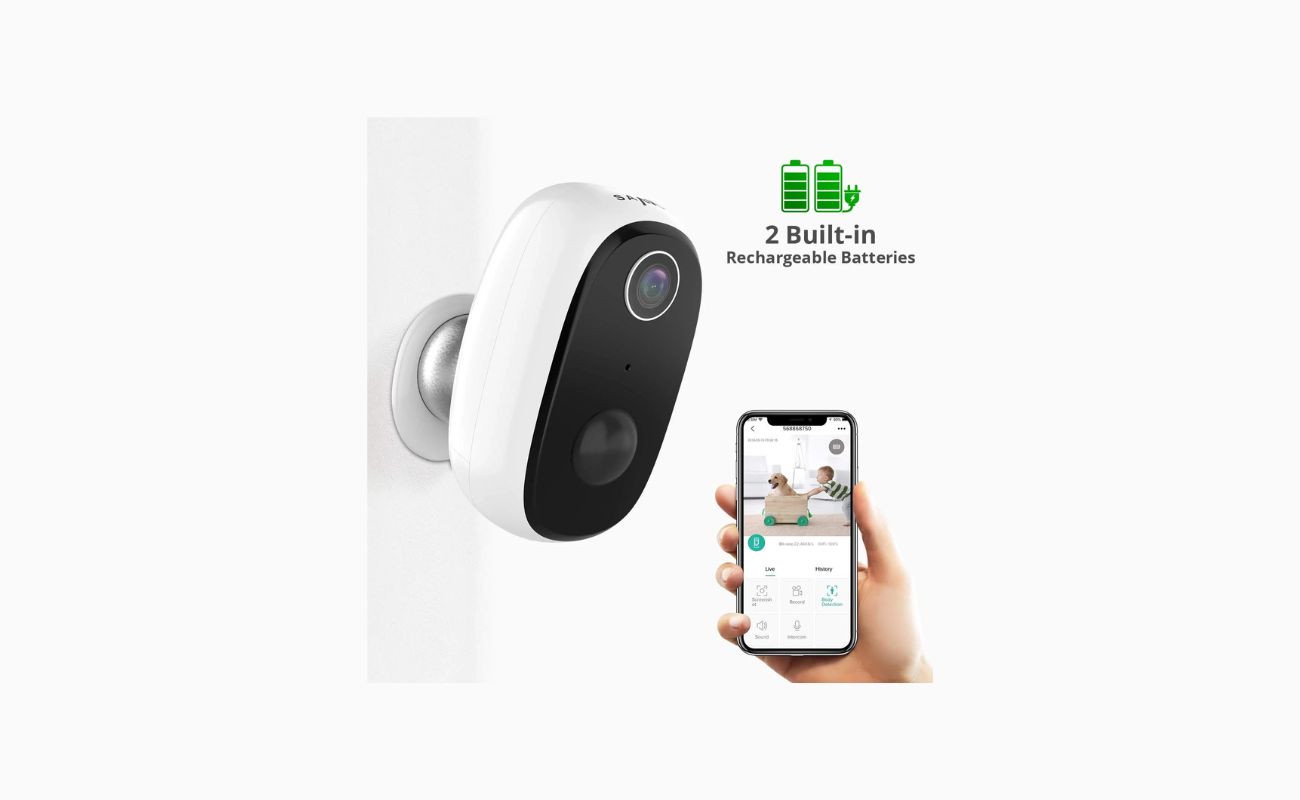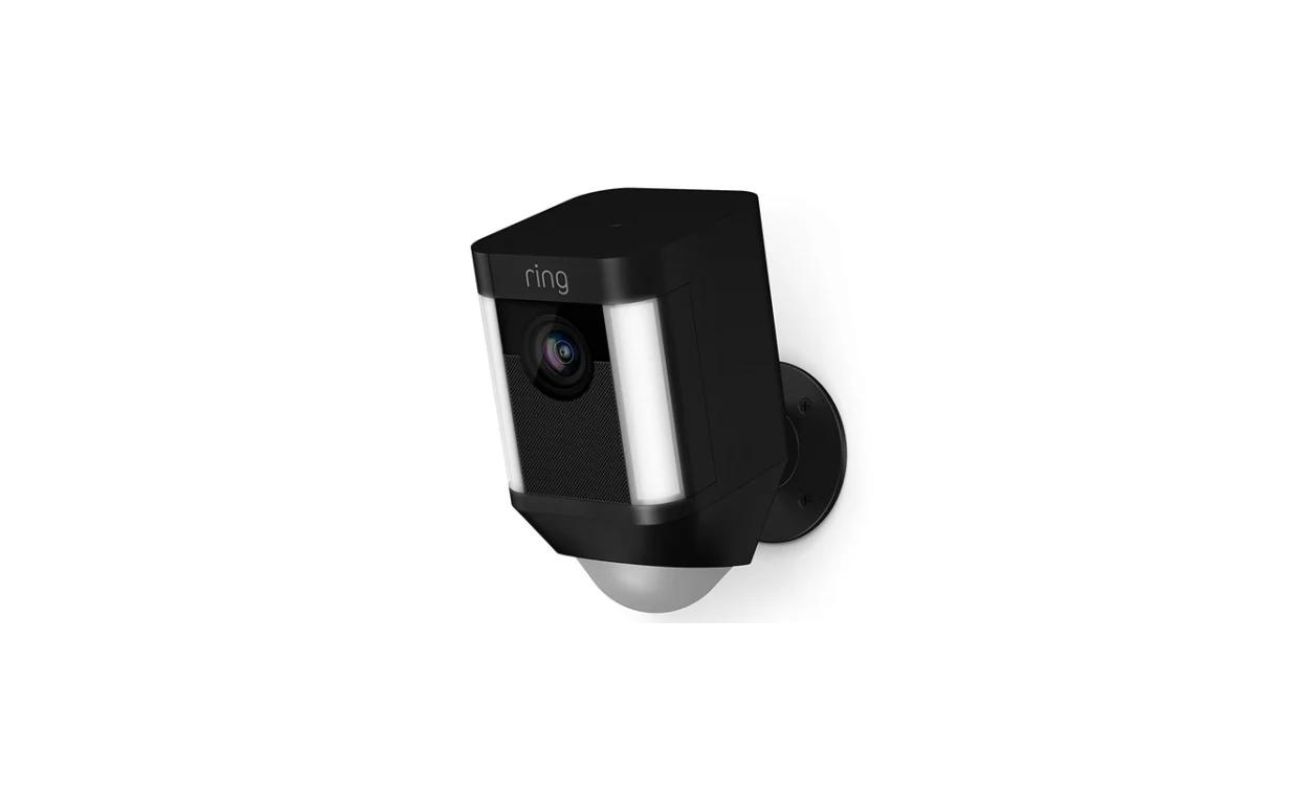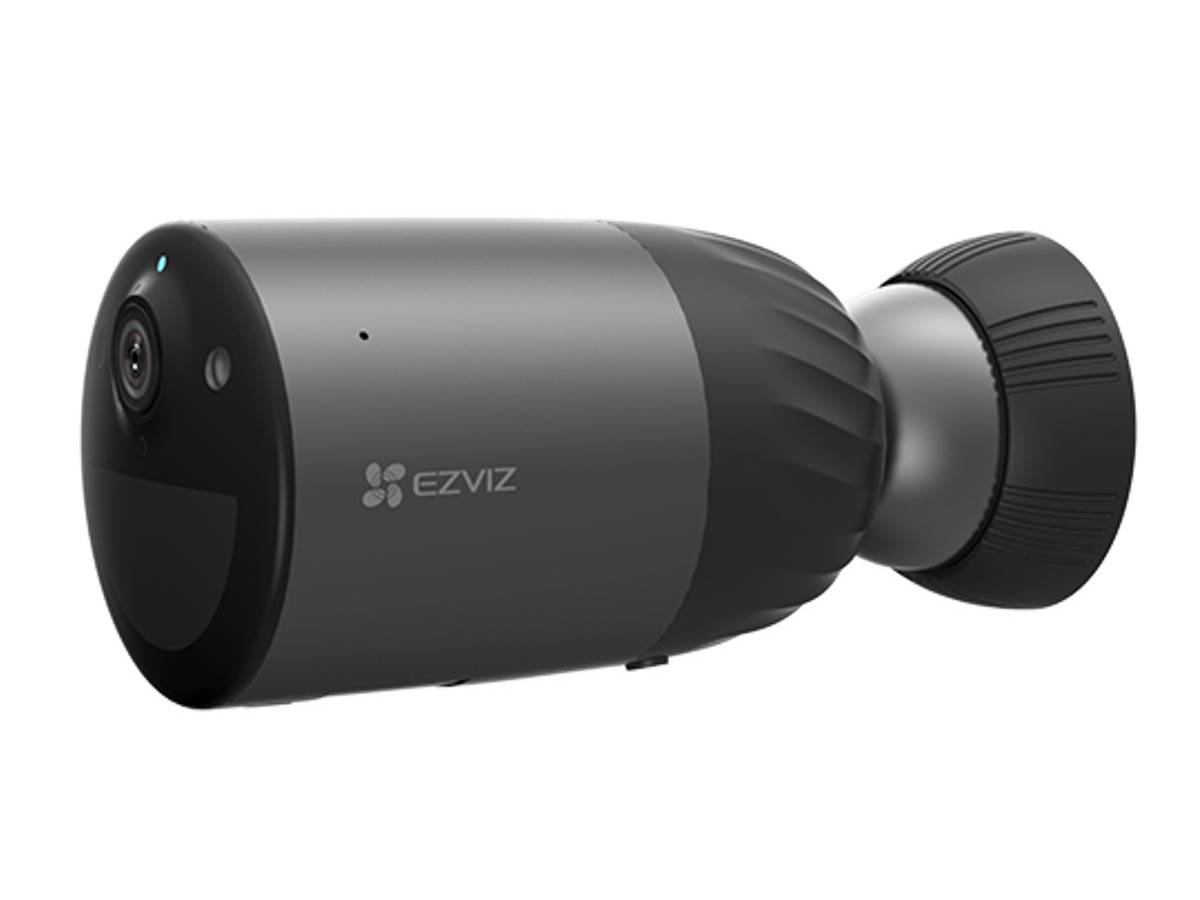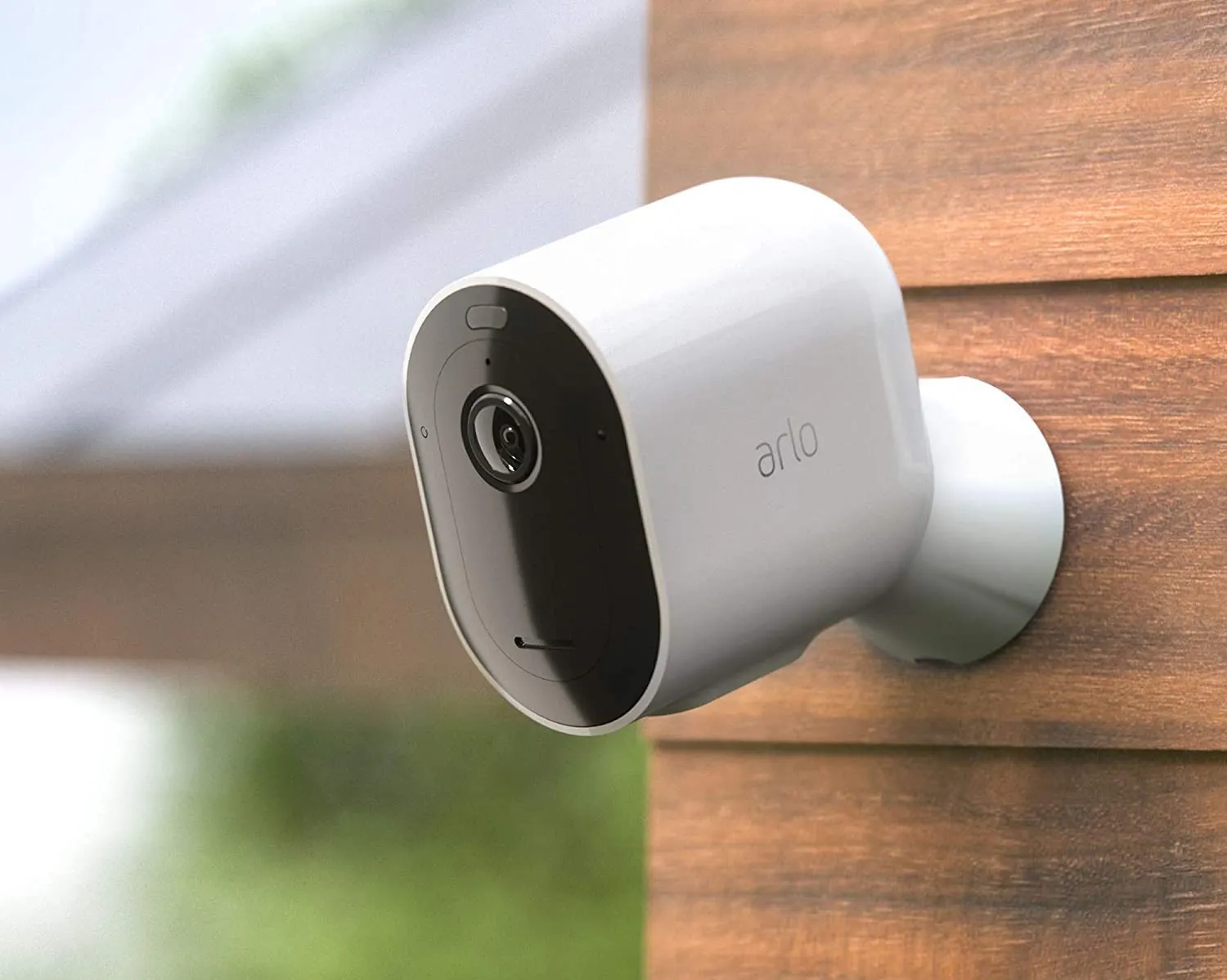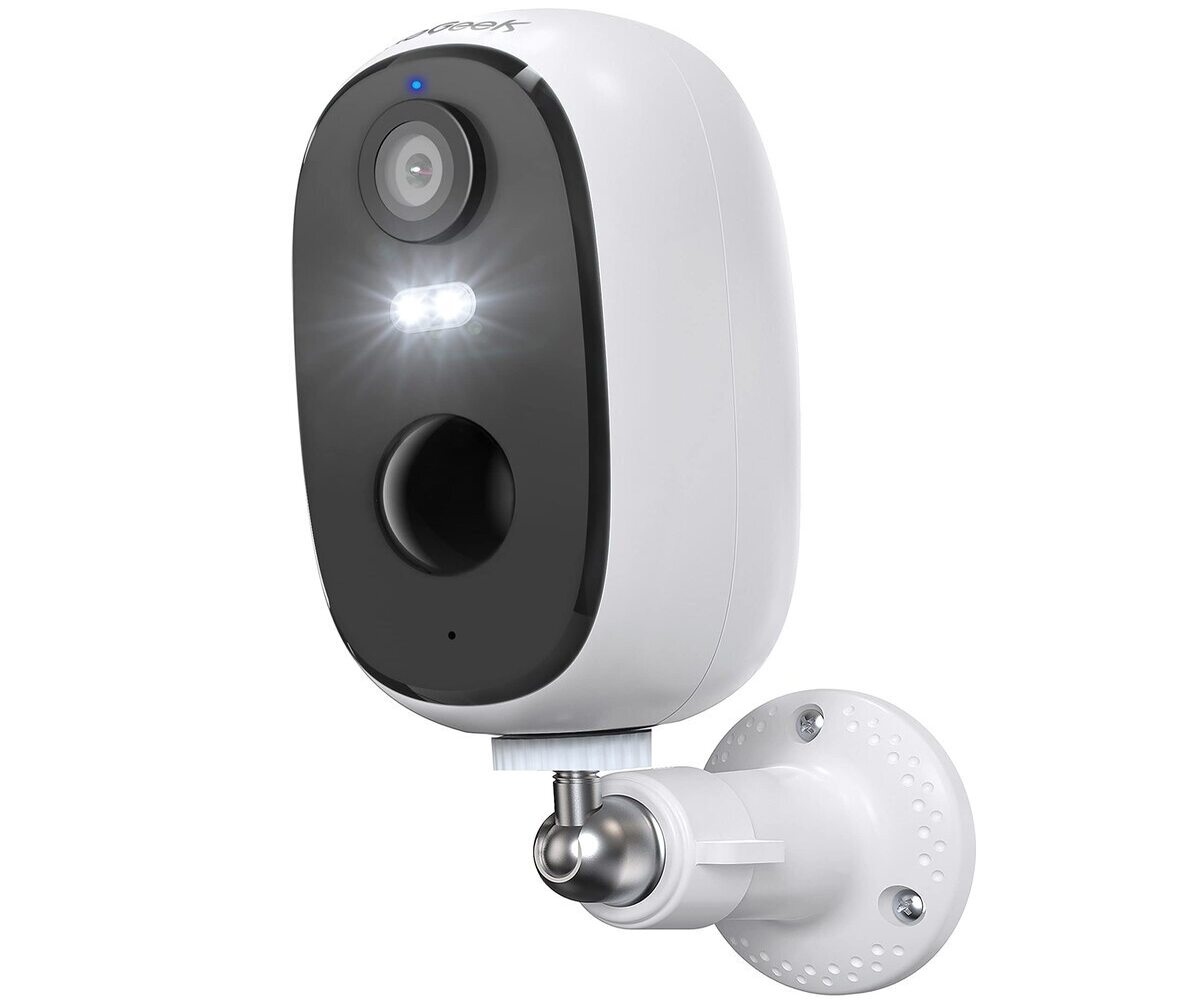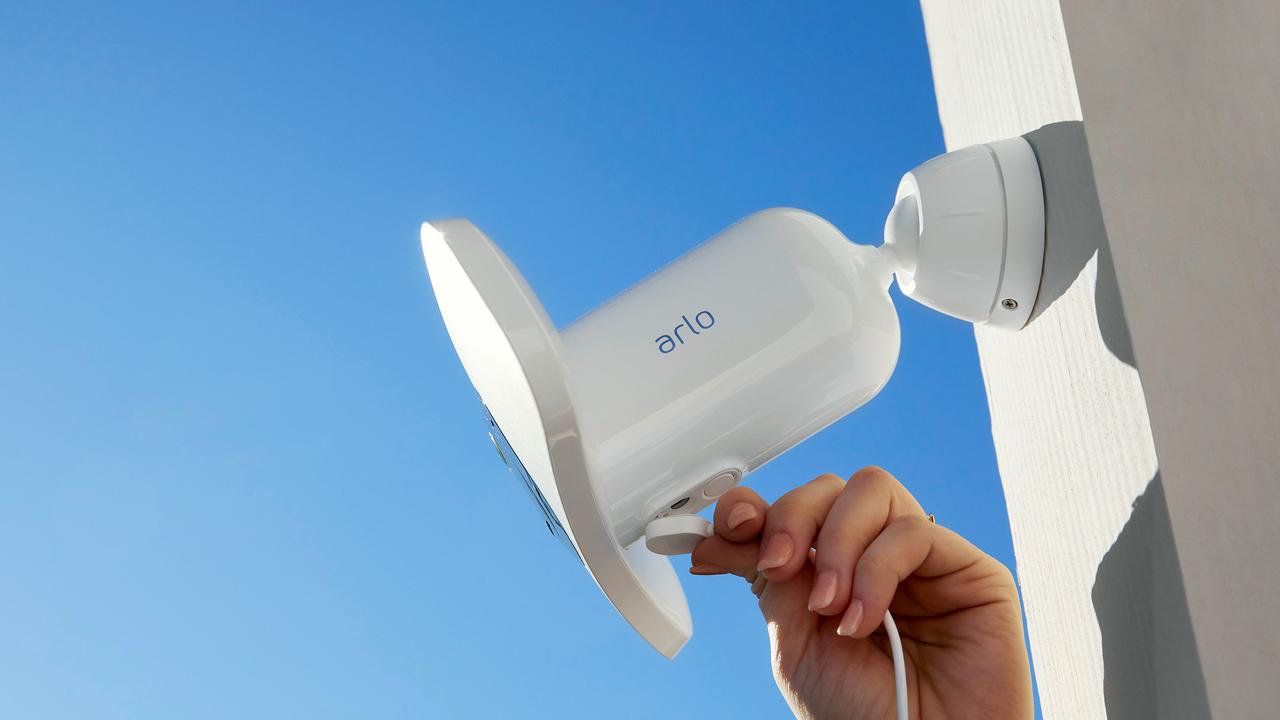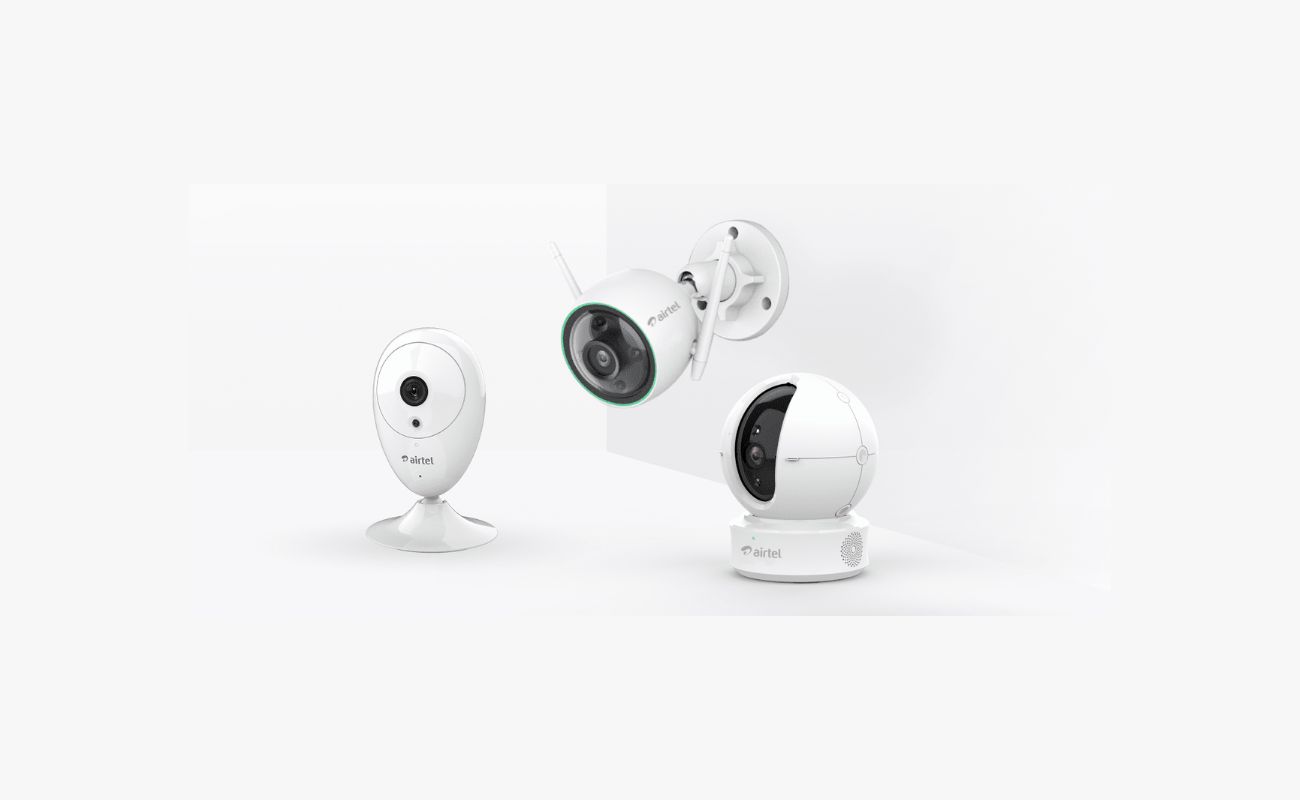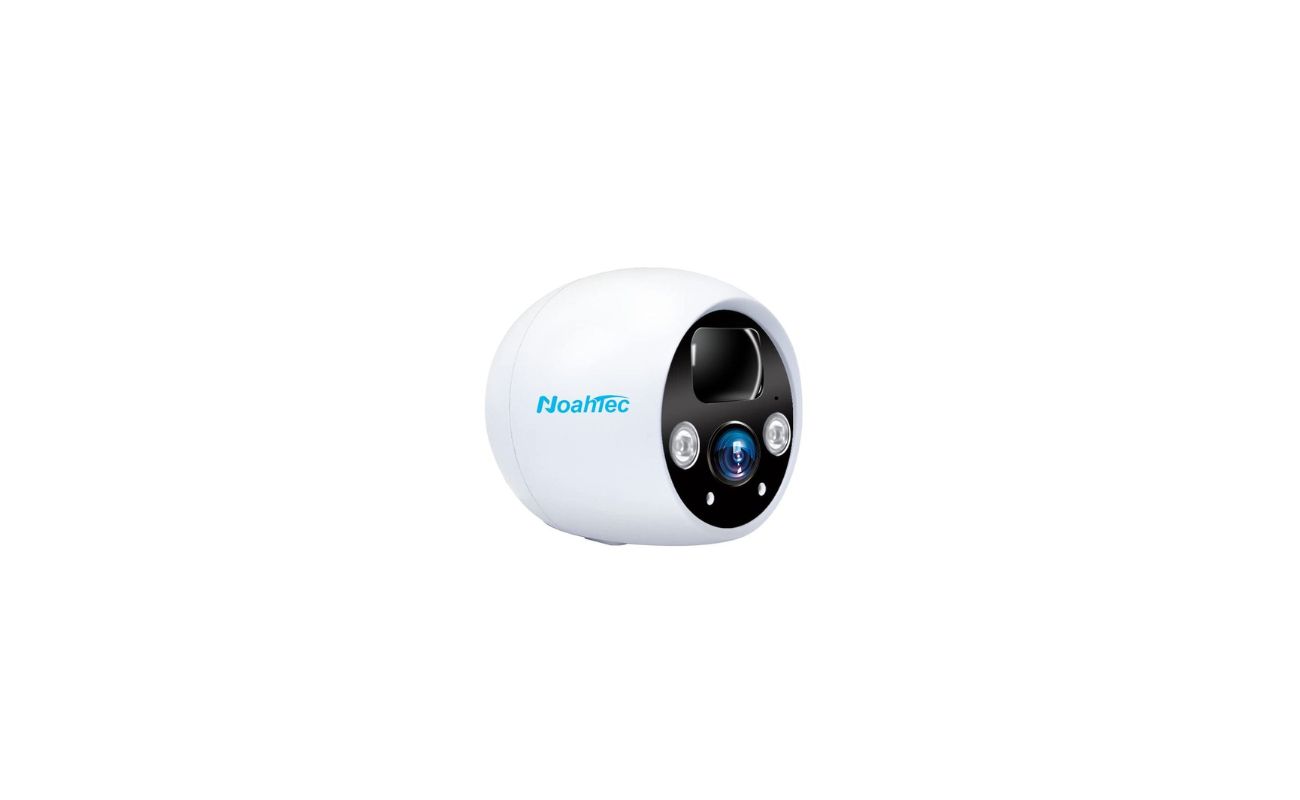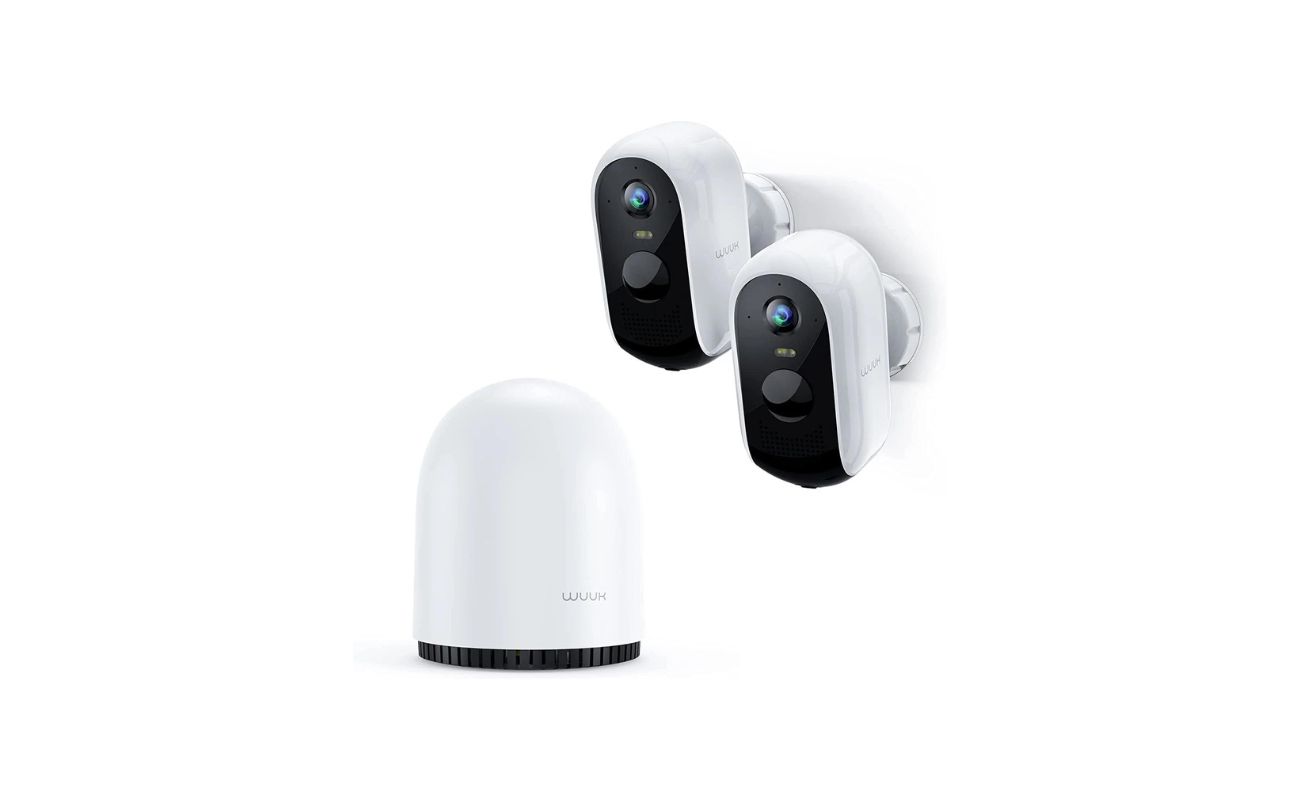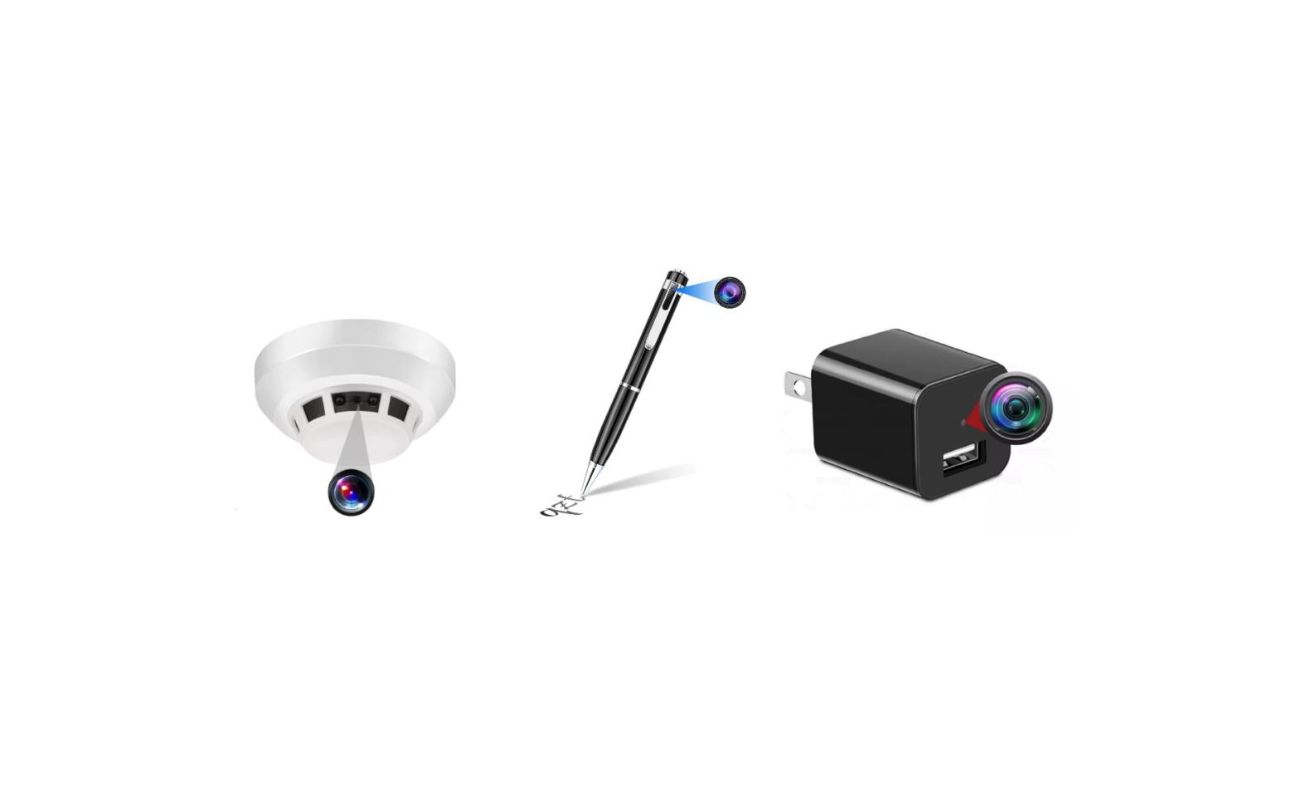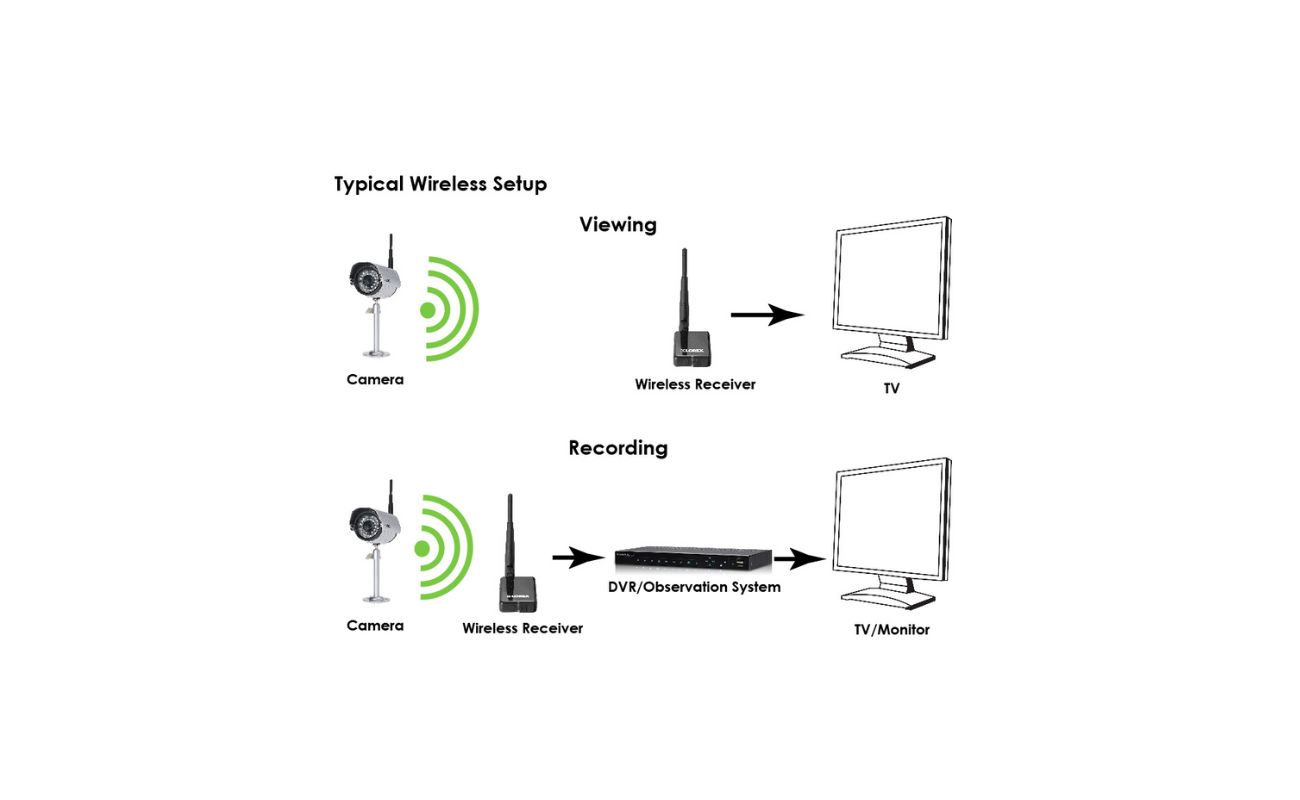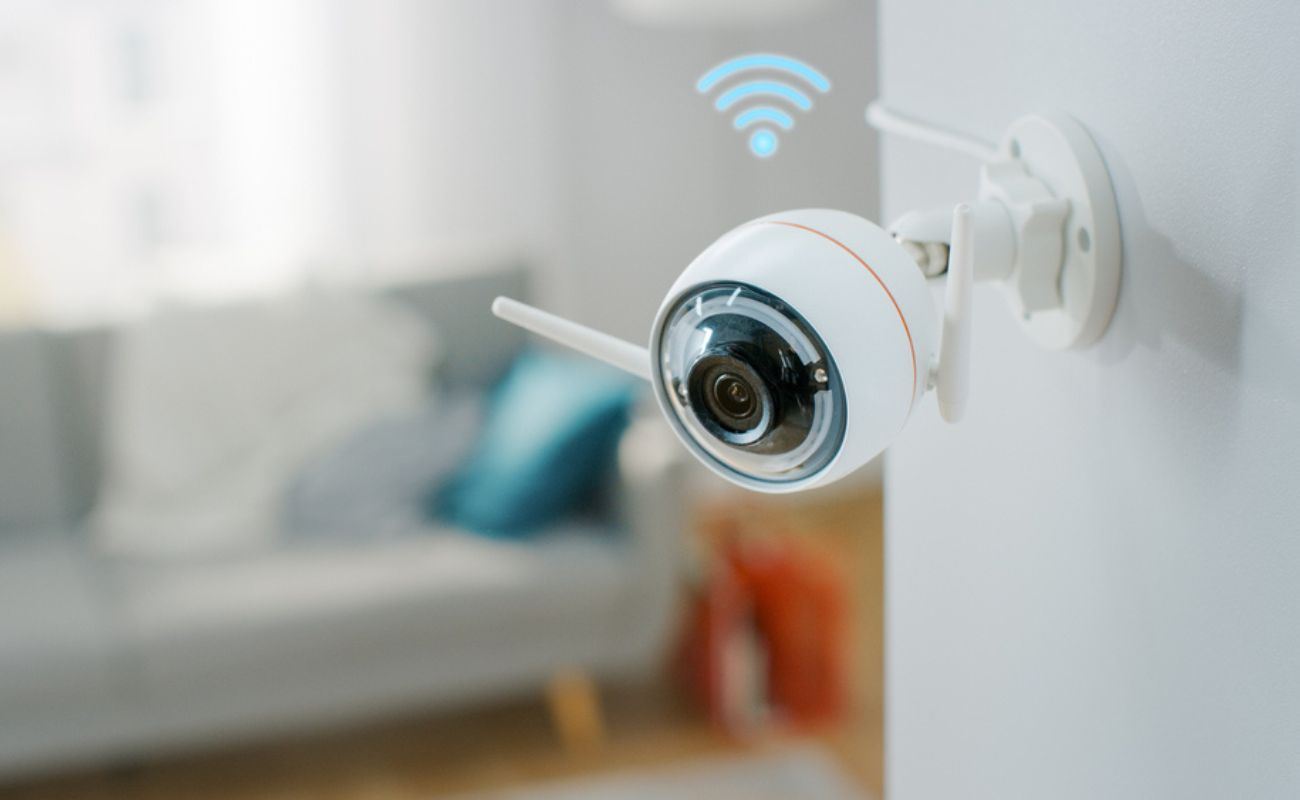Home>Home Security and Surveillance>How Often To Replace Wireless Security Camera Battery
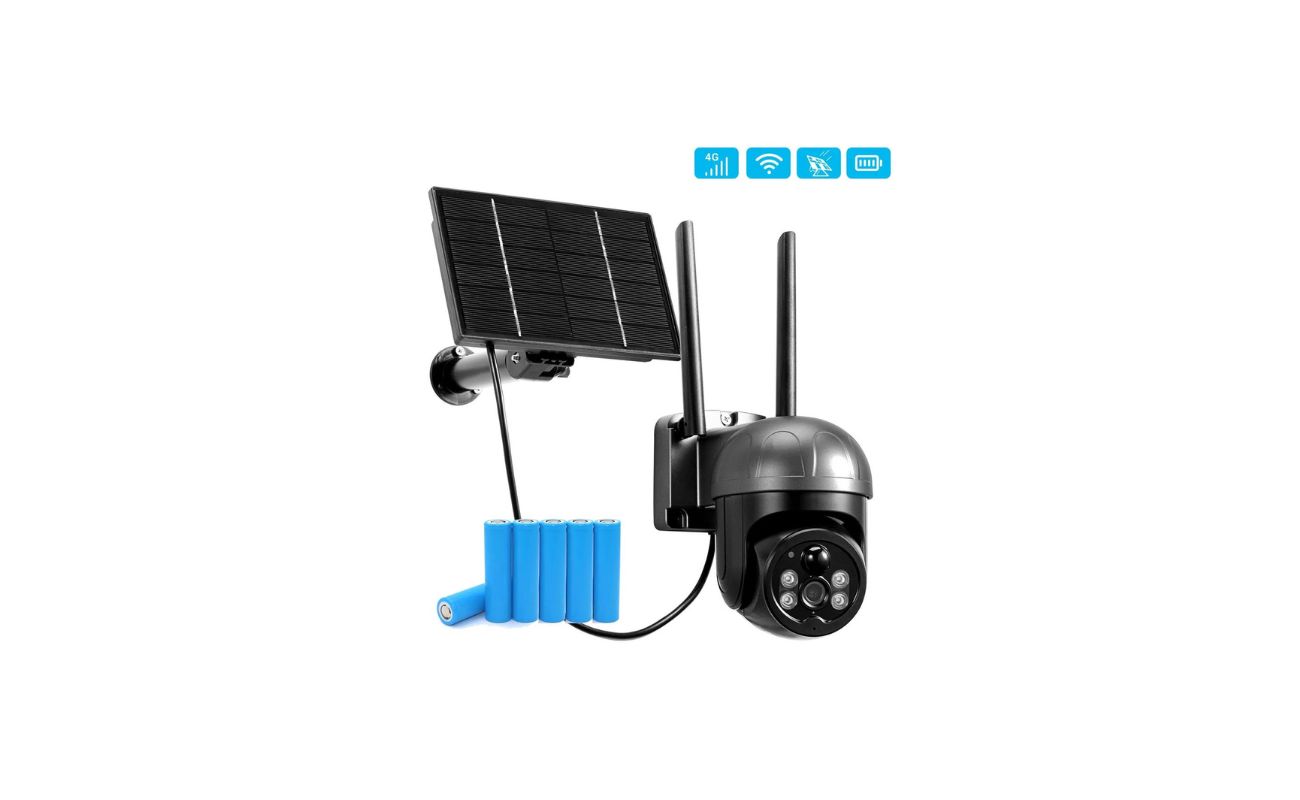

Home Security and Surveillance
How Often To Replace Wireless Security Camera Battery
Modified: March 6, 2024
Discover how often you should replace the battery of your wireless security camera for optimal home security and surveillance.
(Many of the links in this article redirect to a specific reviewed product. Your purchase of these products through affiliate links helps to generate commission for Storables.com, at no extra cost. Learn more)
Introduction
Welcome to the world of wireless security cameras, where you can keep a watchful eye on your home or business remotely. These advanced devices provide convenience, flexibility, and enhanced surveillance capabilities. However, one crucial aspect to consider is the battery life of your wireless security camera. How often should you replace the battery? What factors affect battery life? In this article, we will delve into these topics and provide you with useful tips on extending your camera’s battery life.
Wireless security cameras offer the advantage of easy installation without the need for extensive wiring. They utilize batteries to power the camera, making them portable and versatile. However, battery life can vary depending on various factors, and understanding these factors is vital to ensure optimal performance.
Determining the battery life of a wireless security camera is essential to plan your maintenance schedule effectively. Every camera manufacturer provides an estimated battery life, typically stated in terms of months. However, it’s important to note that these estimates are based on average usage and may vary depending on usage patterns and environmental conditions.
Knowing when to replace the battery is crucial to avoid any lapses in surveillance. A completely drained battery can lead to a loss of security coverage, leaving your property vulnerable. Therefore, it is essential to keep a close eye on your camera’s battery status and replace it accordingly to maintain uninterrupted monitoring.
To help you get the most out of your wireless security camera battery, we will also provide some valuable tips for extending its lifespan. By implementing these strategies, you can maximize battery efficiency and minimize the frequency of replacements.
So, let’s dive into the factors that affect battery life and learn how to determine when to replace your wireless security camera battery.
Key Takeaways:
- Keep an eye on your wireless security camera’s battery life by considering factors like camera features, recording settings, and environmental conditions to ensure uninterrupted surveillance coverage.
- Extend your camera’s battery life by optimizing placement, adjusting motion detection sensitivity, using scheduled recording, and investing in high-quality batteries. These tips help conserve power and minimize the need for frequent replacements.
Factors Affecting Battery Life
Several factors contribute to the overall battery life of a wireless security camera. Understanding these factors can help you manage and optimize the battery usage effectively.
1. Camera Features: Different camera features can impact battery life. Cameras with advanced functionalities like high-resolution video recording, motion detection, and continuous streaming tend to consume more power. Consider the specific features you require and balance them with the battery life expectations.
2. Recording Settings: The way your camera records can also affect battery life. Continuous recording consumes more power compared to motion-activated recording, where the camera only starts recording when it detects movement. Adjusting the recording settings according to your needs can help conserve battery power.
3. Wireless Connectivity: The connection between your camera and the Wi-Fi network plays a significant role in battery life. Weak or unstable Wi-Fi signals can drain the battery as the camera continually tries to establish a connection. Ensure your camera is within range of a strong Wi-Fi signal to minimize power consumption.
4. Environmental Conditions: Extreme temperatures, both hot and cold, can impact battery performance. High temperatures may cause the battery to drain faster, while extremely cold temperatures can reduce battery capacity. Install your camera in an area with moderate temperatures to maintain optimal battery life.
5. Frequency of Use: Some cameras are used more frequently than others. Cameras located in high-traffic areas or areas with constant movement will use more power as they continuously capture and transmit video. Consider the camera’s location and adjust expectations accordingly.
6. Battery Quality: The quality of the battery itself is a significant factor in overall battery life. Investing in high-quality batteries can result in longer-lasting power and better performance. Research reputable battery brands and choose batteries specifically designed for your camera model.
7. Power Saving Features: Some wireless security cameras offer power-saving features that can help extend battery life. These features might include sleep mode, scheduling options, or motion detection sensitivity adjustments. Take advantage of these features to optimize battery performance.
By considering these factors and making informed decisions about camera features, settings, and usage patterns, you can effectively manage and extend the battery life of your wireless security camera.
How to Determine Battery Life
Determining the battery life of your wireless security camera is essential to plan for battery replacements and avoid any gaps in surveillance coverage. While manufacturers typically provide estimated battery life, it is crucial to assess and determine the actual battery life based on your specific usage patterns and conditions.
Here are a few steps to help you determine the battery life of your wireless security camera:
- Refer to Manufacturer Guidelines: Start by reviewing the manufacturer’s specifications and guidelines for battery life. These guidelines can provide a general idea of how long the battery is expected to last under average usage conditions.
- Monitor Battery Usage: Pay close attention to your camera’s battery usage over a specific period. Many wireless security camera systems come with companion mobile apps or software that allow you to monitor battery levels. Keep track of how long the battery lasts before it needs to be recharged or replaced.
- Record Usage Patterns: Take note of how frequently the camera is used, the duration of recordings, and the frequency of live streaming. Gather data on specific usage patterns, such as longer recordings or higher streaming activity, to get a clearer picture of how the battery is being utilized.
- Consider Environmental Factors: Evaluate the impact of environmental conditions on battery life. If your camera is exposed to extreme temperatures or frequently operates in low Wi-Fi signal areas, these factors may accelerate battery drain. Make note of any unusual conditions that could impact battery performance.
- Test and Adjust Settings: Experiment with different camera settings to assess their impact on battery life. For example, try adjusting the recording mode from continuous to motion-activated and monitor battery usage. This trial and error approach will help you find the optimal balance between functionality and battery efficiency.
- Consult Technical Support: If you’re experiencing significant discrepancies between the estimated battery life and your actual usage, reach out to the camera manufacturer’s technical support. They can provide further insights and assistance in determining if there’s an issue with the camera or battery.
By following these steps, you can gain a better understanding of your wireless security camera’s battery life and make informed decisions regarding replacements and maintenance.
It is recommended to replace the battery in your wireless security camera every 3-6 months to ensure continuous and reliable operation.
When to Replace Wireless Security Camera Battery
Knowing when to replace the battery in your wireless security camera is crucial for uninterrupted surveillance and peace of mind. While the estimated battery life provided by the manufacturer serves as a guide, several factors can influence when a battery replacement is necessary.
Here are some indicators that it may be time to replace your wireless security camera battery:
- Low Battery Notifications: Keep an eye on any low battery notifications or alerts from your camera’s companion app or software. When you receive these notifications, it indicates that the battery level has dropped below a specified threshold. It’s a clear sign that the battery needs to be replaced or recharged soon.
- Frequent Recharges: If you find yourself needing to recharge the battery more frequently than before, it could be a sign that the battery capacity has significantly declined. Batteries naturally wear out over time, and if you notice a significant decrease in battery life, it’s time to consider a replacement.
- Unreliable Performance: If your camera starts experiencing erratic behavior, such as sudden shut-offs or failure to capture footage consistently, it could be due to an aging or failing battery. In such cases, replacing the battery can restore reliable performance.
- Extended Use Duration: Consider the length of time you have been using the battery. Over time, the battery’s overall capacity diminishes, resulting in shorter usage time between charges. If you have been using the same battery for an extended period without replacing it, it may be time to invest in a new one.
- Increased Charging Time: If you notice that the battery takes much longer to charge fully than it used to, it could be an indication of battery deterioration. Aging batteries typically become less efficient at charging, leading to longer charging times.
It’s important to note that battery life can also be influenced by seasonal changes or environmental factors like extreme temperatures. If you notice a significant drop in battery performance during specific times of the year, take these factors into account when determining the need for replacement.
Remember, proactive battery replacement is crucial to prevent any gaps in surveillance coverage. Regularly monitor your battery status, be aware of any signs of degradation, and replace the battery when necessary to maintain uninterrupted security monitoring of your property.
Tips for Extending Battery Life
Extending the battery life of your wireless security camera is beneficial in multiple ways. Not only does it reduce the frequency of battery replacements, but it also ensures uninterrupted surveillance coverage. Here are some useful tips to help you maximize your camera’s battery efficiency:
- Optimize Camera Placement: Carefully choose the location for your camera to minimize unnecessary activations. Avoid areas with high foot traffic or frequent movement, as continuous motion detection and recording can consume more battery power. Strategic placement can help conserve battery life.
- Adjust Motion Detection Sensitivity: Fine-tune the motion detection sensitivity of your camera to strike a balance between effectiveness and battery preservation. Set the sensitivity level that captures important events while minimizing false triggers, reducing unnecessary power consumption.
- Use Scheduled Recording: Instead of continuous recording, consider using scheduled recording. Set specific time intervals when the camera should record, such as during nighttime hours or when you’re away from home. This way, the camera only operates when necessary, conserving battery life.
- Upgrade to Energy-Efficient Cameras: If you’re experiencing significant battery drain, consider upgrading to more energy-efficient wireless security cameras. Newer models often feature advanced power-saving technologies and components, improving overall battery performance.
- Opt for Low-Power Mode: Many cameras offer low-power or sleep modes that conserve battery when surveillance is not required. Take advantage of these features during periods of inactivity to extend battery life. Be sure to reactivate the camera when needed.
- Regularly Clean Camera Lens: A dirty camera lens can impact video quality and force the camera to use more power to compensate. Regularly clean the lens to maintain clear images and reduce unnecessary battery drain.
- Ensure Strong Wi-Fi Signal: Weak or unstable Wi-Fi connections can cause your camera to consume more power as it continually tries to establish and maintain a connection. Ensure your camera is within range of a strong Wi-Fi signal to minimize excessive power usage.
- Turn off Unnecessary Features: Assess the features of your camera and disable any that are unnecessary for your specific surveillance needs. For example, if you don’t need audio recording, disable the microphone to save battery power.
- Invest in High-Quality Batteries: Opt for high-quality batteries specifically designed for your camera model. While they may be more expensive, they tend to offer better performance and longer battery life, ultimately reducing the frequency of replacements.
- Monitor Battery Health: Regularly monitor the health of your camera’s battery. Some camera systems provide battery health indicators that allow you to track its overall condition. Replace the battery if you notice a significant decline in health or performance.
By implementing these tips, you can significantly extend the battery life of your wireless security camera. Taking proactive steps to conserve power ensures continuous surveillance, enhances the longevity of the battery, and provides you with peace of mind.
Conclusion
Wireless security cameras provide a convenient and versatile way to monitor your home or business remotely. However, understanding and managing the battery life of these cameras is essential for optimal performance. By considering the factors that affect battery life, determining the battery life based on your specific usage patterns, and knowing when to replace the battery, you can ensure continuous surveillance coverage.
Factors such as camera features, recording settings, wireless connectivity, environmental conditions, frequency of use, battery quality, and power-saving features all play a role in the overall battery life of your wireless security camera. By being mindful of these factors, you can make informed decisions about camera settings and usage patterns to extend the battery life.
Determining the battery life involves referring to manufacturer guidelines, monitoring battery usage, recording usage patterns, considering environmental factors, testing and adjusting settings, and consulting technical support if needed. These steps will help you accurately assess the actual battery life and plan for replacements or recharging accordingly.
Knowing when to replace the wireless security camera battery is crucial to avoid interruptions in surveillance. Look out for low battery notifications, frequent recharges, unreliable performance, extended use duration, and increased charging time as indicators that a battery replacement is necessary. Addressing these signs promptly ensures uninterrupted surveillance and reliable camera performance.
To extend the battery life of your wireless security camera, optimize camera placement, adjust motion detection sensitivity, use scheduled recording, upgrade to energy-efficient cameras, utilize low-power modes, regularly clean the camera lens, ensure a strong Wi-Fi signal, turn off unnecessary features, invest in high-quality batteries, and monitor battery health. These strategies will help maximize battery efficiency and reduce the frequency of replacements.
In conclusion, by understanding the factors affecting battery life, determining battery life based on usage patterns, knowing when to replace the battery, and implementing tips for extending battery life, you can optimize the performance and longevity of your wireless security camera. With a well-managed battery, you can enjoy the peace of mind that comes with reliable and uninterrupted surveillance of your home or business.
Frequently Asked Questions about How Often To Replace Wireless Security Camera Battery
Was this page helpful?
At Storables.com, we guarantee accurate and reliable information. Our content, validated by Expert Board Contributors, is crafted following stringent Editorial Policies. We're committed to providing you with well-researched, expert-backed insights for all your informational needs.
